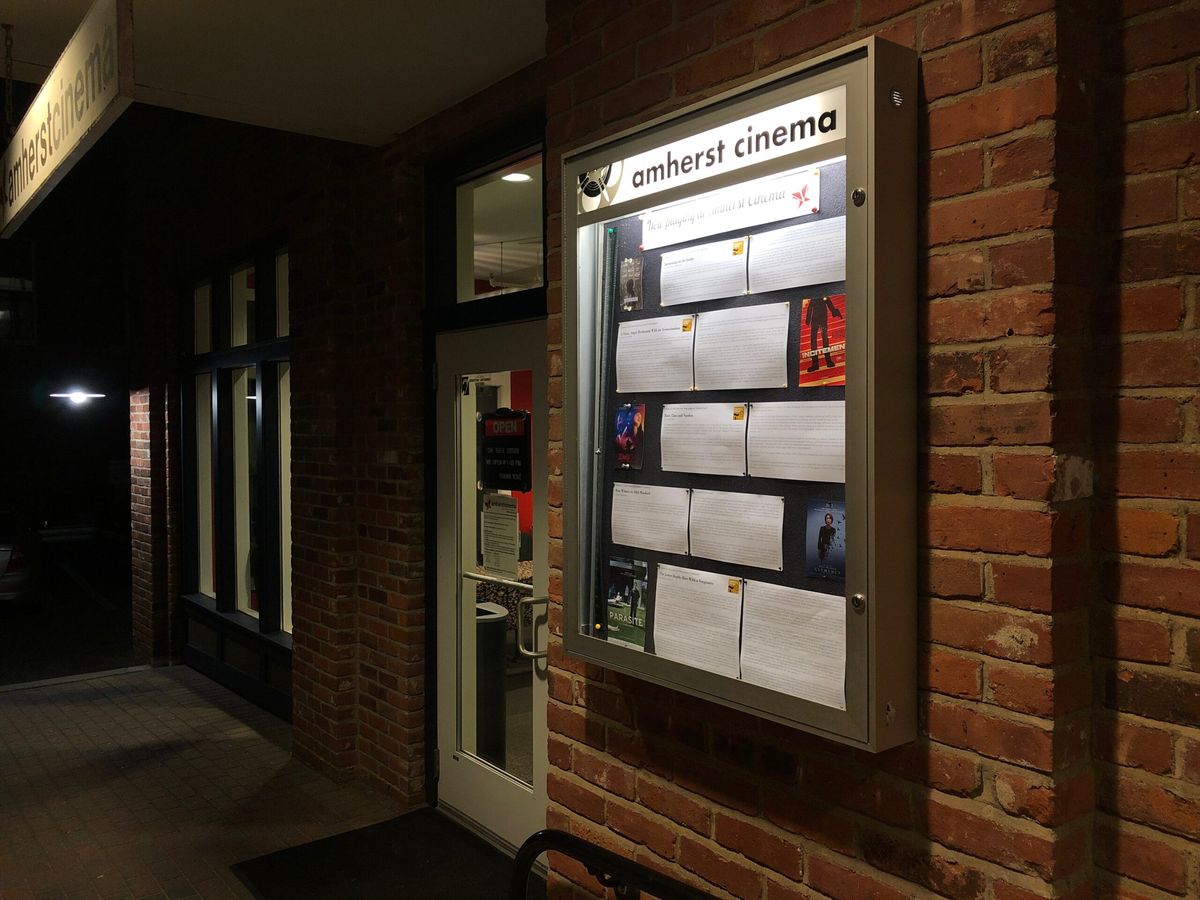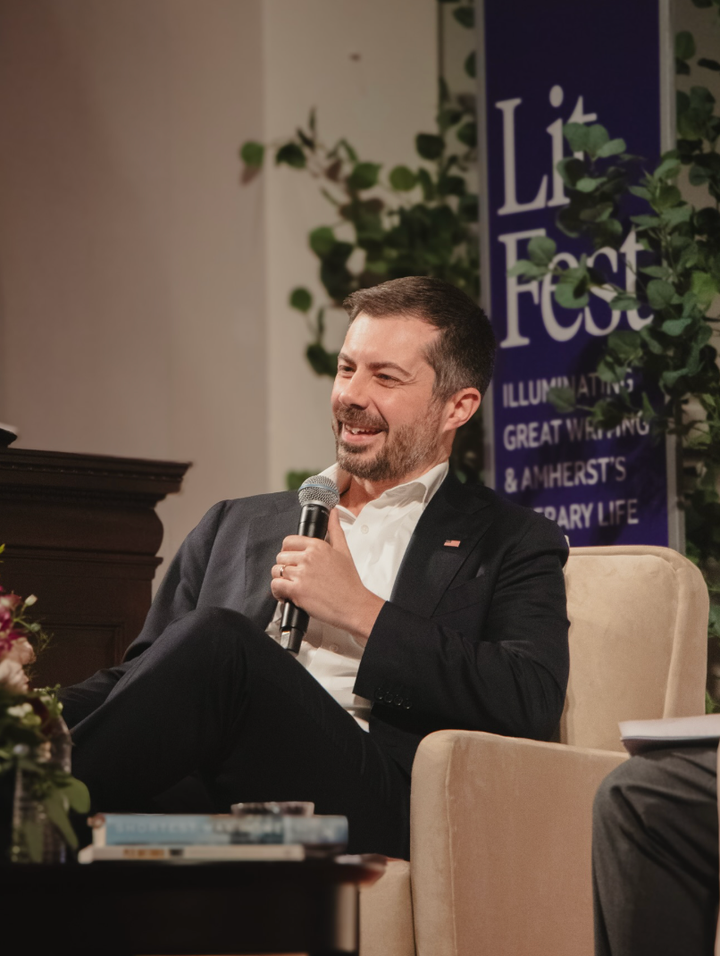“Zombi Child” Implores for Cultural Understanding

If Bong Joon Ho’s “Parasite” winning best picture at this year’s Academy Awards proves anything, it’s that independent foreign films deserve just as much recognition as domestic box-office hits.
These films tell stories and share unique perspectives on issues that are pertinent not just to viewers in their own native countries, but to people across the globe as well. Such is the case for French director Bertrand Bonello’s latest release “Zombi Child” — a film that tackles the scars of white colonialism left on a country determined to persevere. Despite its name, the film is far from the traditional, banal Hollywood zombie movie. Instead of appropriating the original Creole folklore of the “zombi” as a flesh-eating, horror-inducing monster (as countless films have done before it), Bonello’s new film attempts to contextualize these legends in their native homeland — Haiti.
From its very first moments, “Zombi Child” challenges viewers to reconsider their engagement with the film, for it cannot be watched as passive entertainment. It immediately demands respect, opening with the line “listen, white world; listen to my zombi voice,” from Haitian poet Rene Depestre’s poem “Cap’tain Zombi.” Already, the film has outcast the white-washed notion of the zombie.
“Zombi Child” is one of those films that is difficult to summarize after watching it. It delicately balances two temporally distinct storylines — one set in Haiti in 1962, the other in a present-day Parisian school girls’ academy — and builds slowly like a puzzle, with the two narratives becoming increasingly tied as they progress. At times, I was left helpless trying to understand the scenes before me, my mind working relentlessly to fit all the pieces together. The full picture is only revealed in the final moments of the film — albeit in a somewhat clumsy manner.
Despite this ending, the film is wonderfully executed throughout — from the picturesque cinematography of the Haitian city-life to the carefully crafted script that the actors delivered so well. The production quality of the film only adds to the importance of its message.
Bonello highlights the cultural dissonance between the post-colonial Haitian society and a contemporary Paris through the characters Melissa (Wislanda Louimat) and Fanny (Louise Labeque) who seem to come from two different worlds. In an elite Parisian boarding school, Fanny, an upper-class white girl, becomes infatuated with Melissa, an immigrant from Haiti, in a friendship of outcasts.
Fanny invites Melissa to her literary sorority, where the other girls’ skepticism of the only Black girl at school quickly turns to acceptance due to Fanny’s insistence that Melissa is, in fact, “cool.” Yet as they start learning about Melissa’s childhood, Fanny and her friends begin to fear certain parts of Melissa’s culture — namely, Vodou (or Voodoo). The director and writer hit on the misconception of anything foregin due to white ignorance. Seemingly unrelated scenes of Haiti in 1962, interjected at pivotal moments of the previous narrative, juxtaposed the back and forth of this cultural dialogue. The interplay of these scenes prompt the viewer to reevaluate the Parisian perception, stripping away the present-day colonial narrative to reveal the reality of Haiti in the 1960.
The film, although marketed as a horror film, serves more as a thriller/drama than anything else. There was a healthy dose of moments that made my heart pound and adrenaline rush, but that was primarily due to the suspenseful atmosphere and my own preconceived anticipation. The ambiance is utterly terrifying at times, but nothing concretely scary happens until the final moments of the film. It certainly falls more into the category of a conceptual thriller, much along the lines of a Jordan Peele film but with a fresh take on the genre.
Although the film does take strides towards humanizing the Vodou religion by portraying it from a Haitian perspective, it is odd that the overall tone reads like a horror film. Bonello certainly does not shy away from the frightening atmosphere surrounding these traditional practices, but perhaps this has to do more with reverance than fear. The film asserts that these traditions are not for entertainment — they are not fake — but rather extremely powerful.
It would be remiss to ignore the fact that Bonello, a white French director, has no personal ties to the Haitian culture, and therefore he may play up elements of that culture for drama’s sake. This treatment of the Vodou religion is far from the fear-mongered, Christian perception that is often associated with it. “Zombi Child” aims to distance these notions from the story, and instead, it gives voice to the Haitians who had been victimized for so long by French colonialism. It asks the audience to understand a culture rather than fear it; whether the film is literally lecturing the viewer via a Parisian school teacher or implicitly calling their attention to significant cultural differences, it illuminates the injustices of a marginalized experience.
The film is definitely worth a watch, if not more than one, even if the actual story feels unsatisfactory at times. The atmosphere was perfectly engaging, and it’s ultimately rewarding to see a film that asks something of the viewer rather than one that serves solely as entertainment.
“Zombi Child” is now playing in Amherst Cinema.





Comments ()